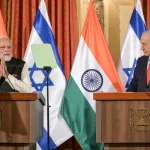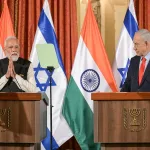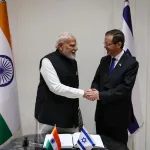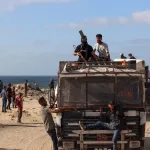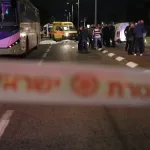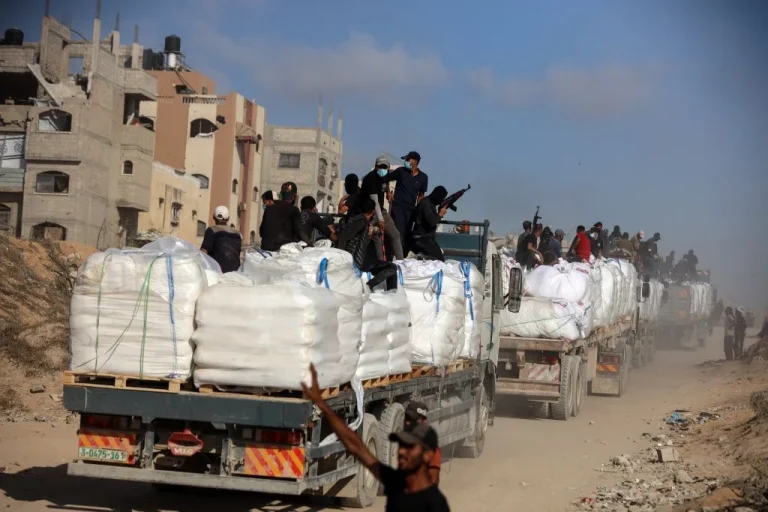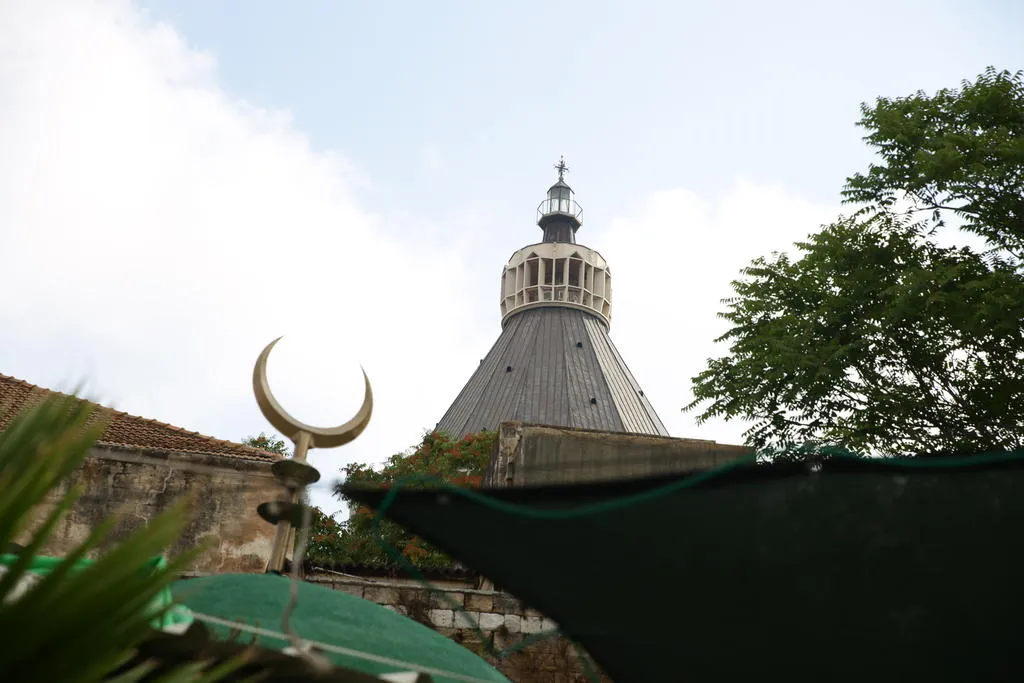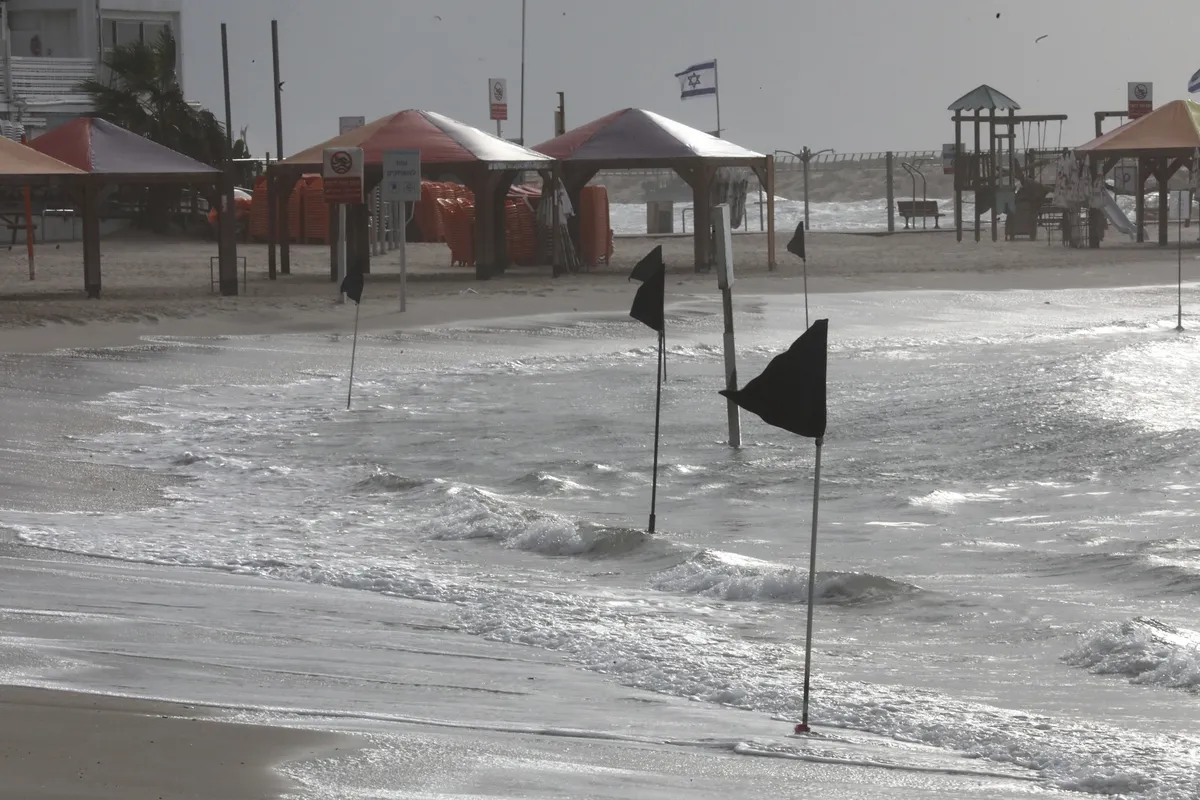Jerusalem, 12 August, 2025 (TPS-IL) — Humanitarian aid intended to alleviate suffering in war zones often ends up prolonging the very conflicts it seeks to address, according to an Israeli academic study released on Tuesday.
| An examination of prolonged conflicts in Somalia, Afghanistan, Syria, Iraq, Yemen, Sudan, Ethiopia, and Gaza by Hebrew University law professor Netta Barak-Corren and Dr. Jonathan Boxman concluded that aid diversion is not a rare mishap but a systemic feature of the current humanitarian system.
The researchers found that, in many cases, significant portions of aid are siphoned off before reaching those in need through theft, taxation, inflated beneficiary lists, or direct concessions to armed groups.
The findings were published in the peer-reviewed Social Science Research Network.
“In many cases, aid reaches those in need only after sustaining armed groups, corrupt officials, or political elites,” Barak-Corren said.
“The oppressive regimes use humanitarian aid to fuel and sustain their aggressions. The current system has adapted to their requirements quietly, and the victims are tragically the intended beneficiaries.”
The study draws on United Nations reports, NGO records and investigative accounts, documenting how humanitarian agencies often strike informal agreements with local power brokers or armed factions to maintain access. These deals, the authors argue, sometimes contradict the core humanitarian principles of neutrality, impartiality and independence, but are tolerated to keep aid flowing and operations funded.
The diversion rates can be staggering. In the most acute cases examined, more than 80% of aid was lost before reaching recipients.
In Somalia, militias and “gatekeepers” have intercepted aid meant for displaced persons, with some camps existing only on paper. In Afghanistan, international aid organizations have accepted Taliban-imposed taxes, staffing demands and operational restrictions for decades. And in Syria, currency exchange rules under the Assad regime allowed authorities to capture nearly half of the value of international aid before it could be distributed.
In Gaza, the study cited evidence that Hamas has staffed nearly half of UNRWA positions with its loyalists and imposed a 20–25% tax on aid deliveries.
A special report by The Press Service of Israel on Thursday in July found that according to the UN’s own numbers, a staggering 85% of the aid entering the Gaza Strip by truck since May 19 has been stolen. The investigation found that a combination of black market profiteers and inflation have made much of the aid in Gaza markets unaffordable for most Palestinians.
Boxman said the problem is often downplayed within the aid sector to avoid jeopardizing operations or funding. “Avoiding the issue has allowed diversion to become part of the system,” he said. “Acknowledging the trade-offs is the first step toward limiting the harm.”
The authors warn that diverted aid can strengthen the political and military position of armed actors, making it harder to end hostilities. They call for a more candid recognition of the risks and costs, including the possibility of suspending operations in areas where diversion cannot be prevented.
Barak-Corren and Boxman argue that meaningful reform may require delivering aid through accountable security forces, rethinking the conditions under which aid is provided, and confronting the political realities of operating in war zones.
“Humanitarian actors have noble intentions,” Barak-Corren said. “But unless we address the way aid is manipulated, we risk perpetuating the very crises we aim to resolve.”
The study urges policymakers, donors and humanitarian organizations to confront the uncomfortable truth: in some conflicts, stopping or radically restructuring aid may do more to protect civilians than continuing current practices.
Approximately 1,200 people were killed, and 252 Israelis and foreigners were taken hostage in Hamas’s attacks on Israeli communities near the Gaza border on October 7. Of the 50 remaining hostages, around 30 are believed to be dead.


